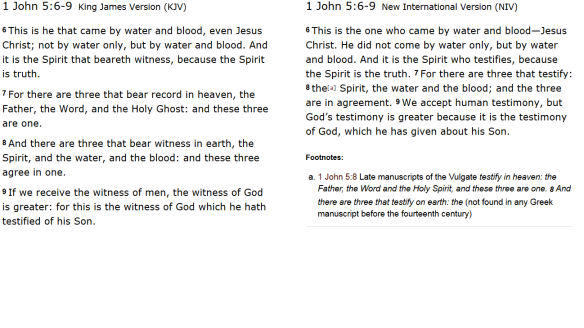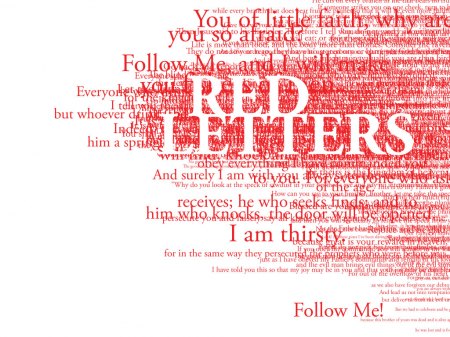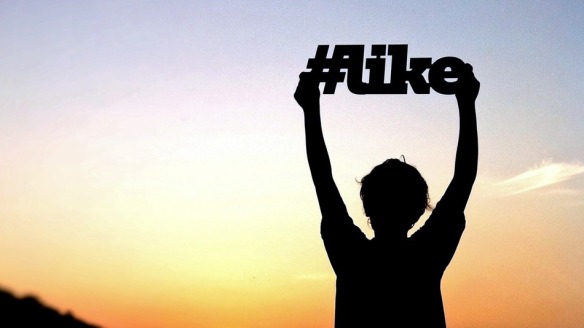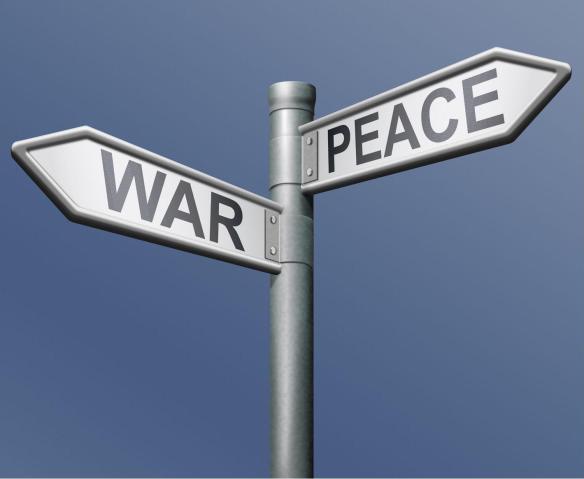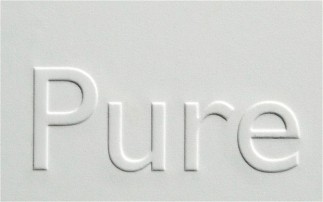Friday Fundamentals on a Saturday? Yes. Sorry.
I chat a bit with and about Muslims. Major point of discussion is the peaceful nature or otherwise of Islam. Not peaceful moments or movements with Islam and it’s most interesting history but the whole thing – a whole religion of peace.
Gordon Nickel, an exceptionally thoughtful and gentle Christian scholar on somethings Islamic had this to say in regard to this most sticky of questions. I appreciate the unfortunate truth about the arrow of Islamic history and the inconvenient direction it is pointing. Unfortunate for westerners who couldn’t possibly believe that the exotic other was anything other than a benign exotic other. Inconvenient to the same group because history undermines their wishful thinking and to the peace loving Muslims (there are millions of them) in the West who feel their religion is the most misunderstood religion on the planet, or at least with planetary aspirations.
Below is an excerpt from his essay at the National Post in Canada.
Find the whole the whole thing here – it is really worth it.
Conversely, warring Christians who accept the authority of the Gospel must deal with the apparent prohibition of violence in the teachings and life example of Jesus. This discussion has been going on among Christians at least since the Crusades, when critics were heard to say “that it is not in accordance with the Christian religion to shed blood in this way, even that of wicked infidels. For Christ did not act thus.
“Within the Christian community, one interpretive option is to read the Hebrew scriptures through the prism of the Gospel. According to the Gospel, Jesus said that he had come not to abrogate the Law and the Prophets, but to fulfill them. Jesus then immediately replaced the law of retaliation with non-resistance, and commanded love for enemies (Matthew 5:17, 38, 39, 44). This way of dealing with difficult materials raises many questions, but it has allowed Christians to pursue pacifism while holding to the authority of the Hebrew scriptures.
Unfortunately, the Islamic principle of abrogation runs in the opposite chronological direction in relation to violence. Because the commands to fight and kill in the Koran are considered by Muslims to be among the recitations made very late in the life of the prophet of Islam — at a time when his conquest of Arabia was almost complete — Muslims scholars have been inclined to read the peaceful texts as subordinate to the later ones.
In other words, Muslims seeking to find a peaceful message in the Koran must fight not only the plain meaning of the Koran’s text and the current fashion for militancy, but also the arrow of Muslim history.
Interpreting the words of Muslim scripture so that they pose no threat to peaceful coexistence with non-believers thus seems a large challenge. In view of the high stakes in the world today, however, it is certainly a challenge worth taking up. Otherwise, Canadian proponents of multiculturalism will have a harder time arguing that traditional Islam is just another peaceful element in Canada’s multicultural quilt.
– Gordon Nickel has a PhD in the earliest commentaries on the Koran and teaches in British Columbia.
‘FIGHT IN THE WAY OF ALLAH THOSE WHO FIGHT YOU’
What follows are selected Koranic references to fighting and killing infidels.
– Baqara (2):190 – “And fight (qaatiloo) in the way of Allah those who fight you.”
– Baqara (2):193 – “Fight them (qaatiloohum), till there is no persecution and the religion is Allah’s”
– Baqara (2):244 – “So fight (qaatiloo) in the way of Allah, and know that Allah is all-hearing, all-knowing.”
– Nisaa’ (4):76 – “Those who are believers fight (yuqaatiloona) in the way of Allah, and the unbelievers fight in the idols’ way. So fight (qaatiloo) the friends of Satan; surely the guile of Satan is ever feeble.”
– al-Anfaal (8):39 – “Fight them (qaatiloohum), till there is no persecution and the religion is Allah’s entirely.”
– al-Taubah (9):12 – “But if they break their oaths after their covenant and thrust at your religion, then fight (qaatiloo) the leaders of unbelief.”
– al-Taubah (9):29 – “Fight (qaatiloo) those who believe not in Allah and the Last Day and do not forbid what Allah and his messenger have forbidden — such men as practise not the religion of truth, being of those who have been given the Book — until they pay the tribute out of hand and have been humbled.”
– al-Taubah (9):123 – “O believers, fight (qaatiloo) the unbelievers (kuffaar) who are near to you, and let them find in you a harshness (ghilza).”
– Baqara (2):191 – “And slay them (aqtuloohum) wherever you come upon them”
– Baqara (2):191 – “But fight them not by the Holy Mosque until they should fight you there; then if they fight you, slay them (aqtuloohum) — such is the recompense of unbelievers.”
– Nisaa’ (4):89 – “then, if they turn their backs, take them, and slay them (aqtuloohum) wherever you find them”
– Nisaa’ (4):91 – “If they withdraw not from you, and offer you peace, and restrain their hands, take them, and slay them (aqtuloohum) wherever you come on them; against them we have given you a clear authority.”
– al-Taubah (9):5 – “Then when the sacred months are drawn away, slay (aqtuloo) the idolaters wherever you find them, and take them, and confine them, and lie in wait for them at every place of ambush.”
– Nisaa’ (4):74 – “So let them fight (yuqaatil) in the way of Allah who sell the present life for the world to come; and whosoever fights (yuqaatil) in the way of Allah and is slain, or conquers, we shall bring him a mighty wage.”
– Muhammad (47):4 – “When you meet the unbelievers, smite (darba) their necks, then, when you have made wide slaughter among them, tie fast the bonds; then set them free, either by grace or ransom, till the war lays down its loads.”
Compiled by Gordon Nickel

